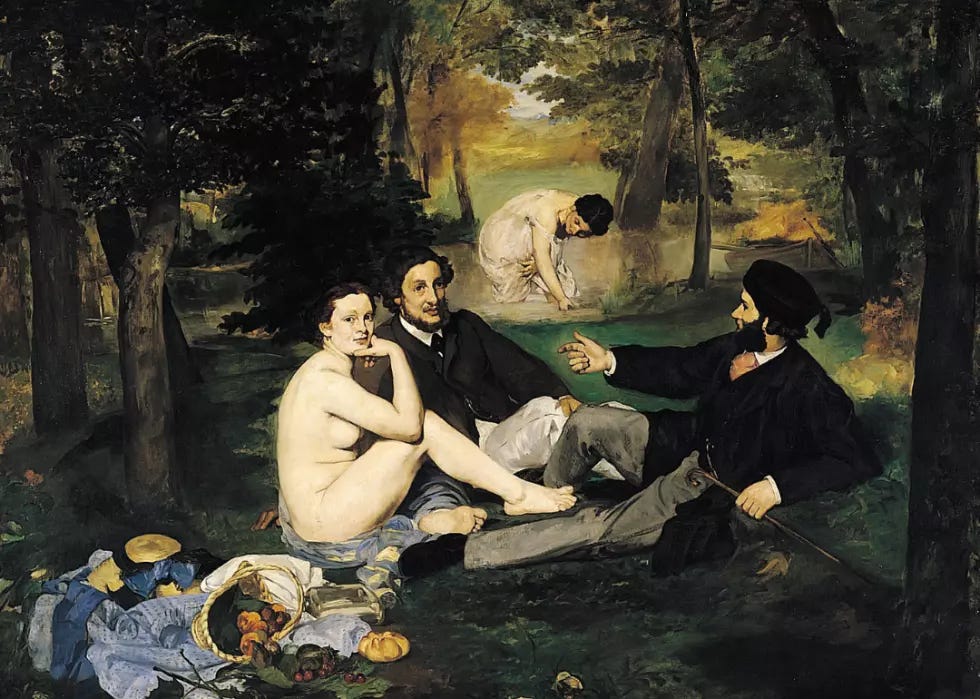Playing the Status Game
The hidden structure of human life
Years ago, I quit coffee like I did drugs. But I recently relapsed. Coffee shops with sophisticated, single-origin pour-overs are all over Oakland.
On my last trip to Piedmont Avenue, I parked my car directly across from Blue Bottle, a corporate establishment that never fails to lu…



